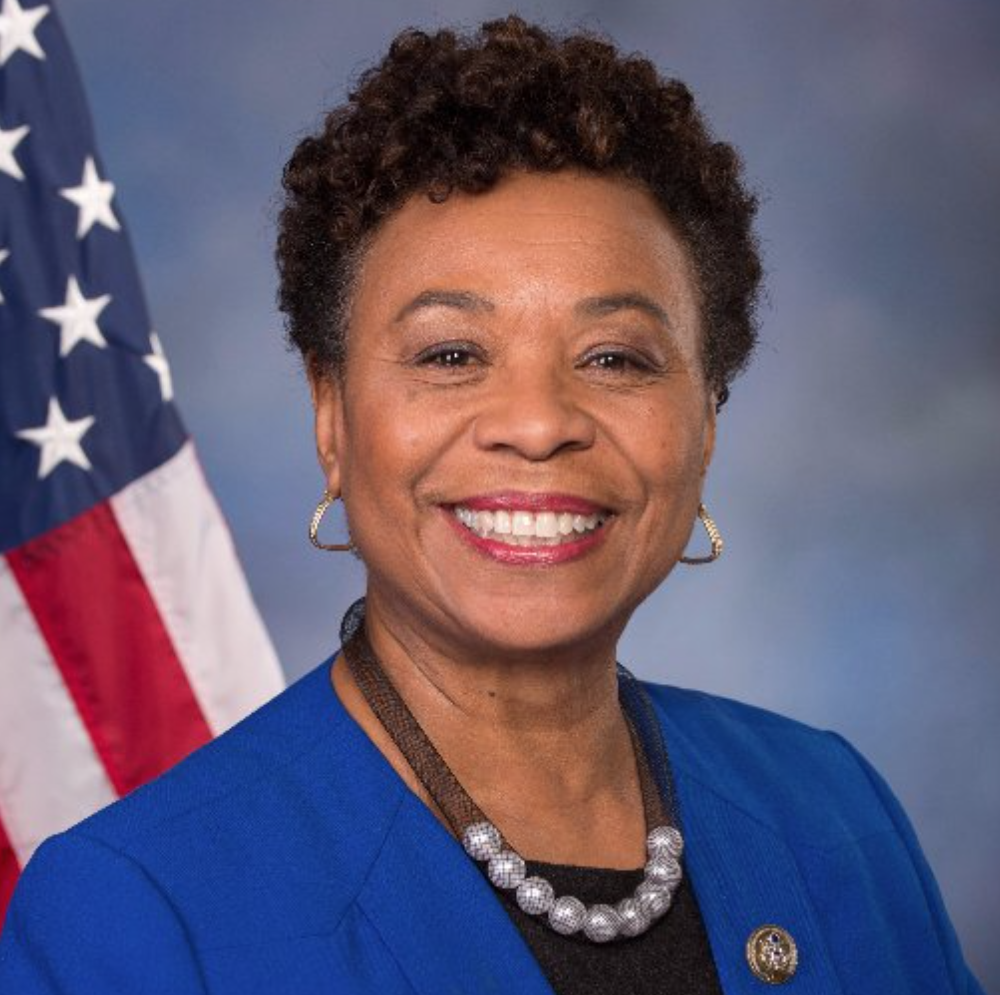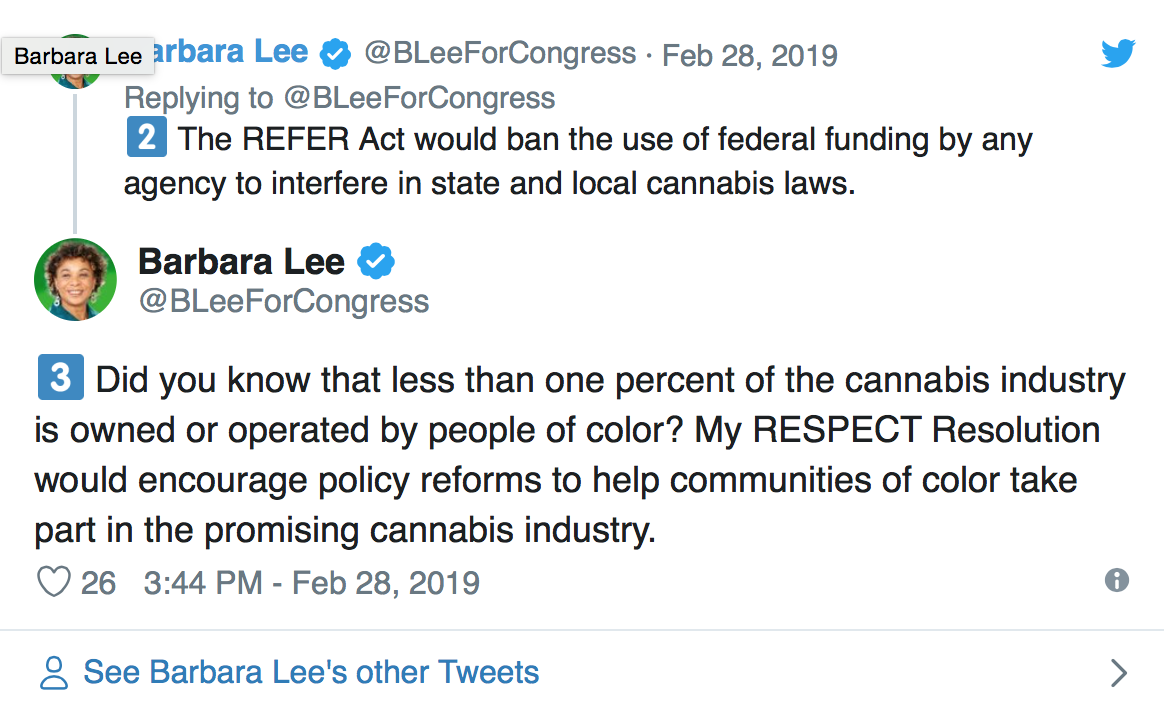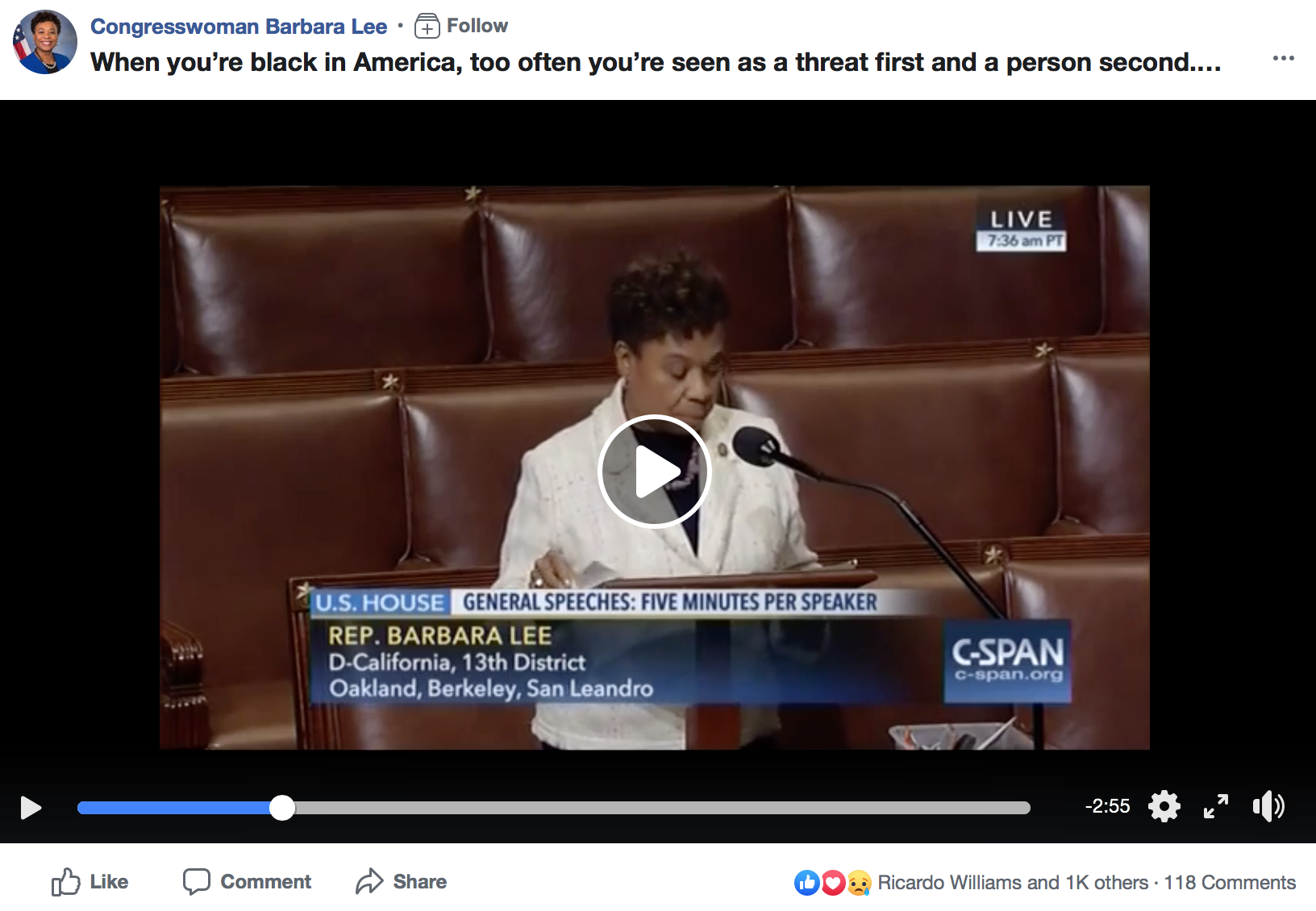
As I was recently scrolling through my Twitter feed, I came across one of the most courageous progressive politicians in 21st century America: U.S. Congresswoman Barbara Lee. Particularly, Lee, who has represented Oakland, CA in the U.S. House of Representatives since 1998, has gained notoriety by leading the fight against U.S. foreign military intervention, being the only member of Congress to have voted against the authorization of use of force following the September 11th, 2001 terrorist attacks. As a result of her “No” vote on AUMF, Lee was not only called a traitor by pundits and constituents alike but also received numerous death threats. Yet, Lee didn’t back down. Instead, as one of America’s most vocal anti-war leaders, Lee also led the opposition to the war in Iraq and American military intervention in Syria, even working with Republican Members of Congress to oppose President Obama – a member of her political party – and his foreign interventionist plans. Detailing her coalition-building approach to opposing military intervention and recognizing her idealistic power, defense reporter Austin Wright titled his 2017 Politico Magazine profile of Lee as “How Barbara Lee Became an Army of One.”
In addition, Lee has worked to improve U.S. foreign relations with CARICOM nations, authoring the Shirley Chisholm United States-Caribbean Educational Exchange Act, which sought to enhance U.S. education-related foreign aid to Caribbean countries. In regards to domestic policy, Lee has also been in the frontline of advocacy efforts for progressive causes to help America’s marginalized communities, including the poor and working classes, racial minorities, and Women. In Congress, Lee has been a leading proponent of legislation to reform America’s criminal justice system, legalize marijuana, impose stricter gun control measures, abolish the death penalty, and provide healthcare coverage for abortion and other reproductive procedures. Finally, I was also intrigued by finding out that Lee was a Black Panther activist, having volunteered at the Black Panther Party’s Community Learning Center in Oakland during her 20s. Thus, overall, I chose Barbara Lee as a figure that represents 21st century radical politics due to her courageous and often-lonely anti-war advocacy efforts, her introduction of progressive legislation that seeks to empower marginalized communities in the U.S. and fix American foreign policy in the Caribbean, and her own personal past, which includes being a member of the Black Panther Party.
With this in mind, my online archive of Congresswoman Barbara Lee features three artifacts that vary in scope and digital method.
First, I include Lee’s speech against the authorization of military force after the 9/11 terrorist attacks, which demonstrates her anti-war activism even when alone and under threat. In this historic speech, Lee urged Congressional leaders to not let the United States “become the evil we deplore.”
Second, I present a series of tweets that highlight Lee’s restorative approach to progressive domestic policy-making. On February 28, 2019, Lee, who was named as a co-chair of the Congressional Cannabis Caucus, introduced legislation to end federal cannabis prohibition, bar the federal government from using funds to interfere in state-legal marijuana programs, and encourage reform policies to help communities of color participate in the legal market.


Lastly, I include a press release and congressional speech video that emphasizes Lee’s support for the Black Lives Matter movement. Both highlight the atrocious ways in which Black people have been killed in the United States by the utilization of deathly police force. Lee calls on the Department of Justice to “help [to] stop the killings.” Click on the following images for full access.




